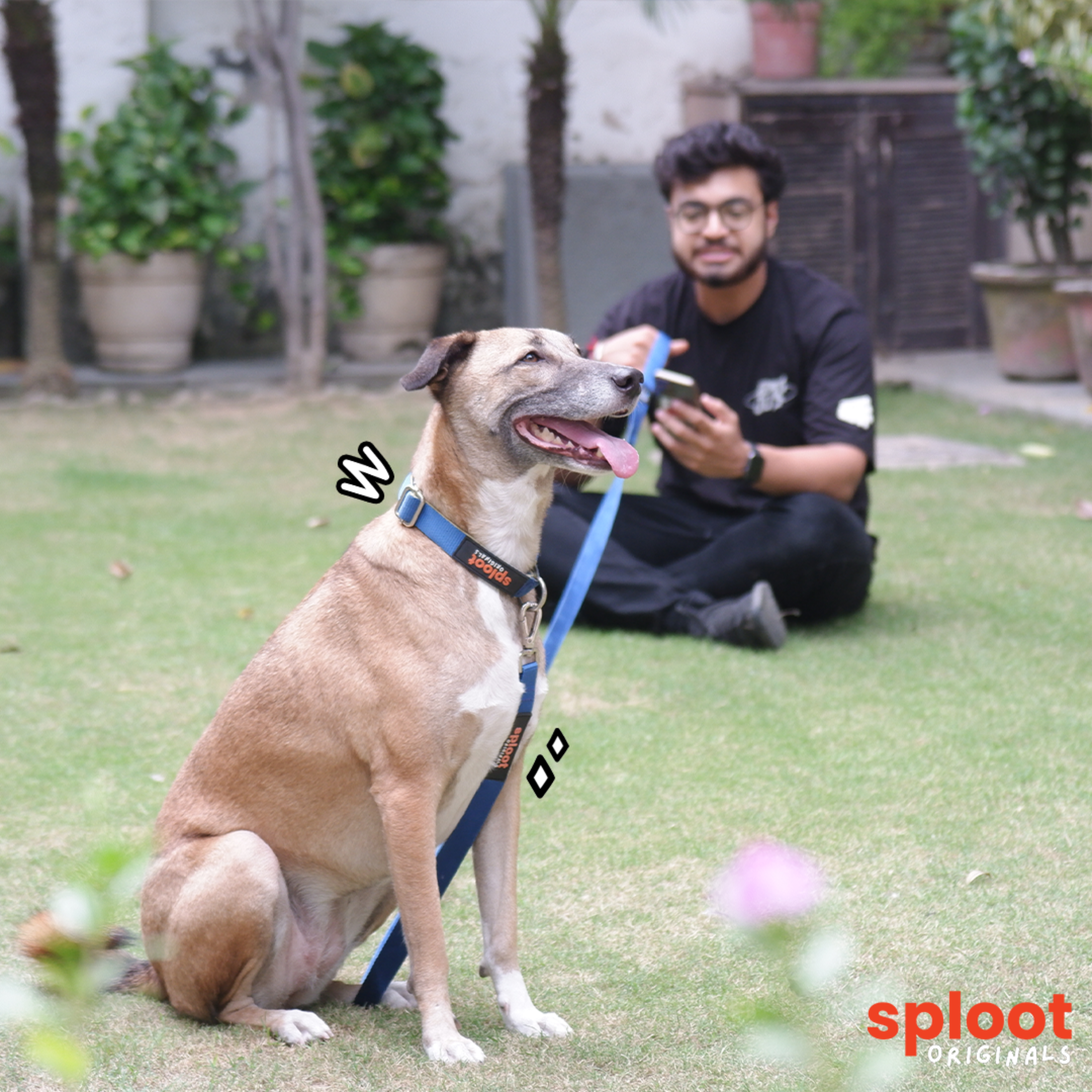Caring for Senior Dogs: What to Expect During Boarding

As our beloved dogs age, their needs change, and they may require extra care and attention. When you need to travel and can't take your senior dog with you, choosing a boarding facility that understands and caters to their specific needs is crucial. In this blog post, we'll explore what you can expect when boarding your senior dog, including specialized care, accommodations, and considerations to ensure their comfort and well-being during their stay.
Individualized Care Plans
Senior dogs have unique requirements that may include medication administration, dietary restrictions, and modified exercise routines. A reputable boarding facility will work closely with you to create an individualized care plan that addresses your senior dog's specific needs. This plan ensures that their health and comfort are top priorities during their stay.
Comfortable Accommodations
Comfort is key for senior dogs. Boarding facilities should offer accommodations that are suitable for older pets. Look for facilities that provide comfortable bedding, climate-controlled environments, and accommodations that are easily accessible, minimizing the need for your dog to navigate stairs or high thresholds.
Medication Administration
Many senior dogs require medication for various health conditions, such as arthritis, diabetes, or heart disease. A competent boarding facility should have experienced staff members trained to administer medications accurately and on schedule. Ensure that you provide clear instructions and all necessary medications when you check in your dog.
Gentle Exercise and Mobility Support
While exercise is essential, senior dogs may not have the same stamina or mobility as younger dogs. A good boarding facility should offer gentle exercise options appropriate for your senior dog's physical condition. Short walks, low-impact play, and mobility support, such as ramps or steps, should be available to keep your dog active and comfortable.
Dietary Needs and Special Meals
Dietary needs can change as dogs age. Ensure that the boarding facility can accommodate your senior dog's dietary preferences and any required modifications. They should be able to provide specialized meals if necessary and follow your instructions regarding feeding schedules and portion sizes.
Regular Monitoring
Monitoring is crucial for senior dogs. Staff members at the boarding facility should keep a close eye on your dog's health and well-being. They should watch for any signs of discomfort, illness, or changes in behavior and promptly notify you if any concerns arise.
Safety and Security
Safety is paramount for all dogs, and this includes senior pets. Ensure that the boarding facility has safety measures in place, such as secure enclosures and a staff-to-dog ratio that allows for adequate supervision and attention.
Communication and Updates
A good boarding facility will maintain open and transparent communication with you during your dog's stay. Expect regular updates, including photos and messages, so you can feel connected to your senior dog and have peace of mind knowing they are in good hands.
Conclusion
Boarding your senior dog can be a positive and stress-free experience when you choose a facility that understands the unique needs of older pets. By selecting a reputable boarding facility that offers individualized care plans, comfortable accommodations, medication administration, and specialized attention, you can ensure that your senior dog receives the care, love, and support they need to thrive during their stay, allowing you to travel with confidence and peace of mind.
If you would like to read more such blogs, download the sploot app here - the one stop shop for all things pet parenting.
